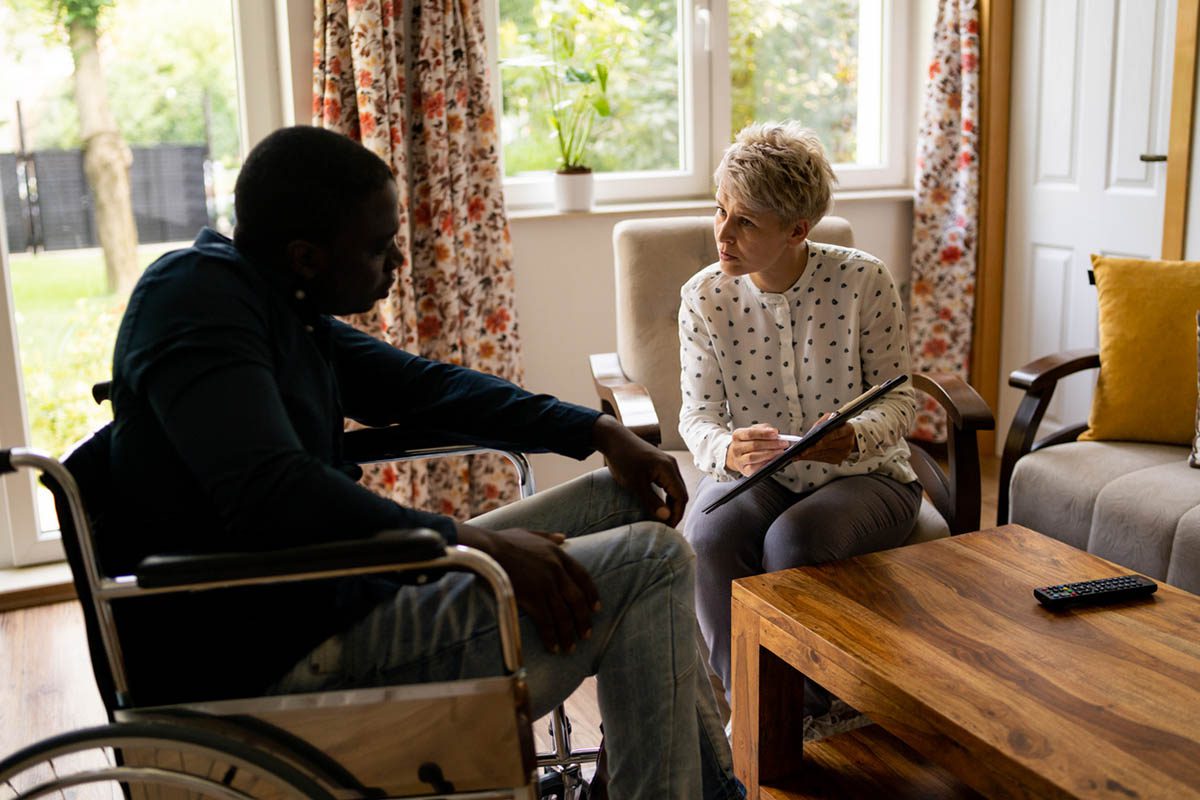Background: Effective treatment is necessary to reverse delirium and prevent potentially serious consequences.
Method: Patients were identified for screening by initial chart review of all consecutive admissions to the general medical or surgical wards at the Department of Veterans Affairs hospital and the University of Mississippi Medical Center in Jackson, Mississippi, between November 2000 and April 2002. Medically ill patients with delirium defined by DSM-IV criteria and a Delirium Rating Scale (DRS) score of >= 13 were given risperidone, 0.5 mg, twice daily, with additional doses permitted on day 1 for target symptoms. Total day 1 dosage was given daily until the DRS score was <= 12; dosage was then decreased by 50% (maintenance dose) and continued until day 6. Daily assessment included DRS, Cognitive Test for Delirium (CTD), and modified Extrapyramidal Symptom Rating Scale. Functional status (Karnofsky Scale of Performance Status; KSPS) and medical burden (Cumulative Illness Rating Scale) were assessed at baseline and day 6.
Results: Ten patients (mean age = 64.7 years) were enrolled. Mean daily maintenance risperidone dosage was 0.75 mg. Mean CTD scores improved from day 1 to the day maintenance dose was initiated (p < .0005) and remained improved at day 6 (7.1 ± 2.0 and 16.9 ± 3.0, days 1 and 6, respectively; p = .0078). Mean DRS scores improved from day 1 to the day maintenance dose was initiated (p < .0001) and remained improved at day 6 (25.2 ± 0.9 and 11.3 ± 1.5, days 1 and 6, respectively; p < .0001). Mean KSPS scores improved from 32.0 on day 1 to 45.5 on day 6 (p = .044). No patient developed movement disorders. One patient each discontinued because of sedation and hypotension.
Conclusion: Low-dose risperidone can improve cognitive and behavioral symptoms of delirium in medically ill patients.
Enjoy this premium PDF as part of your membership benefits!





